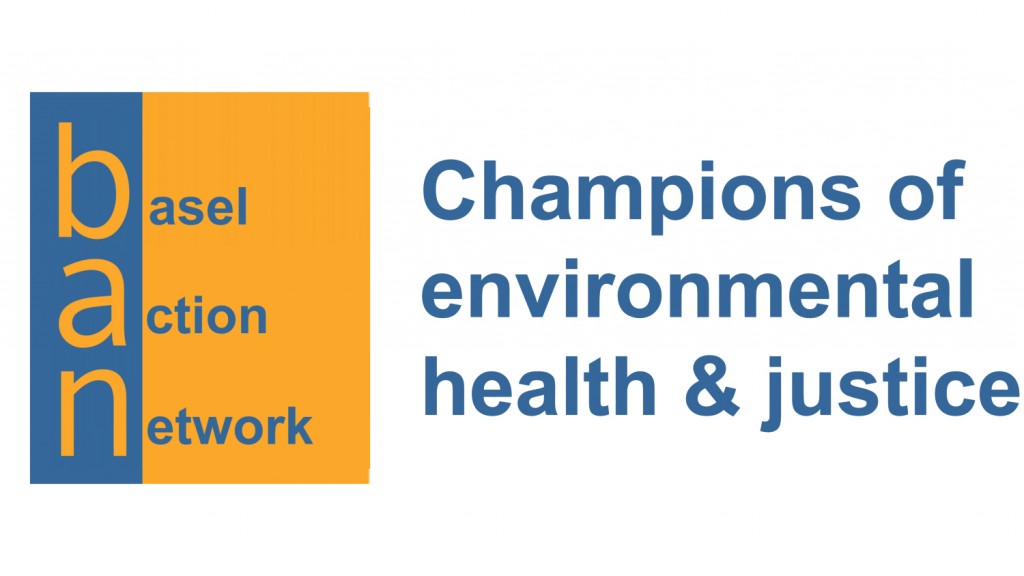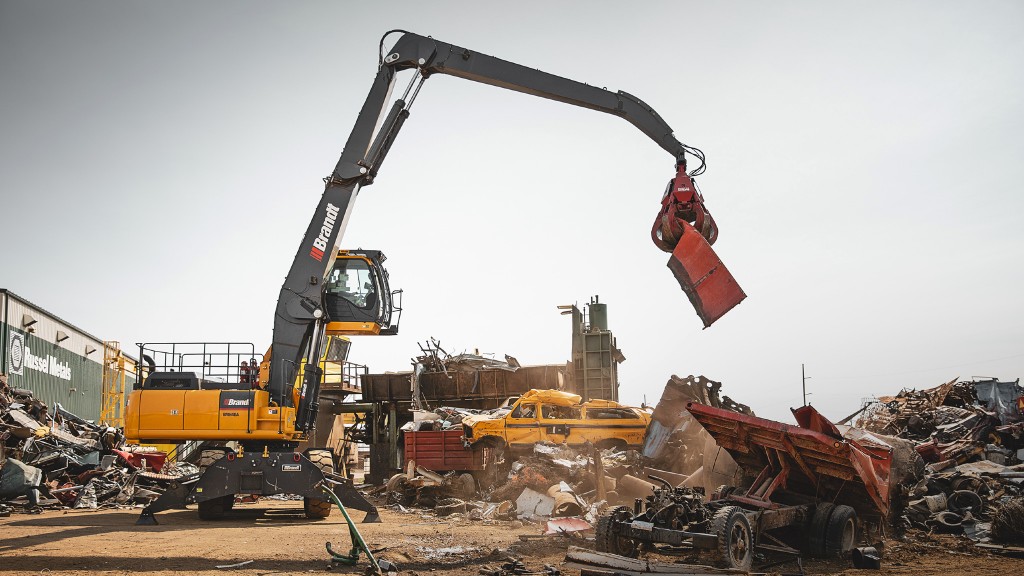EU promotes greater global responsibility on plastic waste, but not for internal markets
Green groups denounce Europe's "do as I say, not as I do"

In April of last year, the European Union joined Norway in co-sponsoring amendments to the world's only waste treaty to establish new trade controls on the most unrecyclable plastic waste. At the start of July however, the EU Commission proposed that the new trade controls would not fully apply between its own member states.
According to the Basel Action Network (BAN), the initial amendments were passed in response to countless human rights abuses, and environmental pollution caused by unregulated plastic waste dumping. Such problematic plastic wastes now will require prior consent by importing nations, and are listed under Annex II of the Basel Convention as "wastes requiring special consideration."
However, at the start of July, the European Commission made it official in their publication of the proposed Delegated Regulation1 that the EU does not intend to fully apply these new trade controls themselves between their own member states.
BAN says this would leave the door wide open for EU waste traders to shunt difficult-to-recycle plastics to substandard operations in poorer EU communities, as well as plastic waste to "waste-to-energy" incinerators in other EU countries. Incinerating plastic waste undermines recycling, and has dire consequences for the climate, for the environment, and for a toxic-free and just circular economy.
Global and European environmental groups have lined up to oppose this move, noting that the Basel Convention allows no reservations or exceptions to its obligations and definitions.2 They argue that this is a departure from the EU Waste Shipment Regulation's current faithful inclusion of Basel Annex II wastes, and requirement of prior notification and consent for their trade within the EU.
Citing recent reports of plastic waste dumping and burning in Poland, Italy and Romania, the environmental groups also noted that the exception is unjustified given the persistent trend of wastes moving across the continent to victimize weaker communities and member states.
The draft regulation would allow some plastic wastes to instead be freely traded in the EU market without the newly agreed controls. These plastics have recently been regulated under the Basel Convention's Annex II due to the difficulty in recycling them, and the risks they pose to human health and the environment particularly when they are burnt. They include a wide set of mixed plastic wastes, PVC and PTFE (Teflon) wastes, as well as all manner of plastic waste not destined for mechanical recycling.
"Our members include recyclers and communities who live by so-called "waste-to-energy" incinerators, and they know just how much burning plastic waste hurts the recycling economy, creates toxic pollution and harms the climate. We cannot accept a free pass for that to keep happening in the EU," said Sirine Rached for Zero Waste Europe and the Global Alliance for Incinerator Alternatives.
Hard-to-recycle and contaminated plastics are likely to end up dumped in the open environment or burnt, causing toxic pollution and greenhouse gas emissions. The green groups claim that the proposal flies in the face of the vows recently made in the European Green Deal including the Circular Economy Action Plan, where the EU committed to carbon neutrality and to show leadership in action on plastic waste.
"How does bending current EU rules and creating double standards for the EU demonstrate any kind of global leadership?" asked Jim Puckett of the Basel Action Network, a global toxic trade watchdog organization. "How is the rest of the world going to take the EU seriously when they preach boldly on the global stage and then run back home to coddle their waste and plastics industries?"



